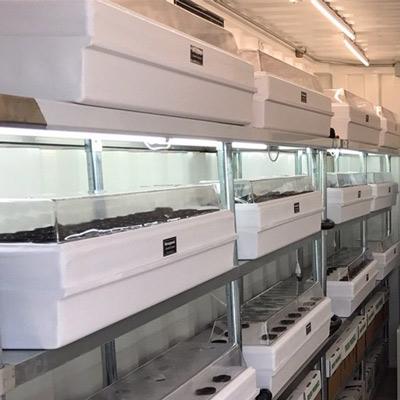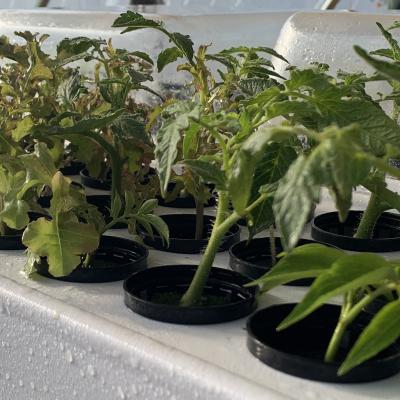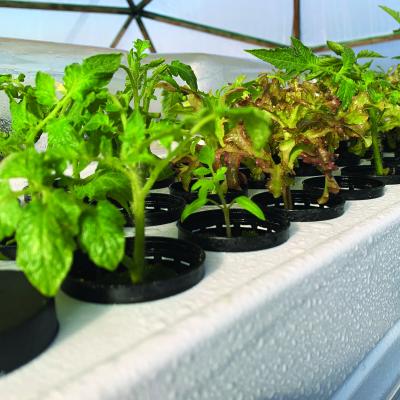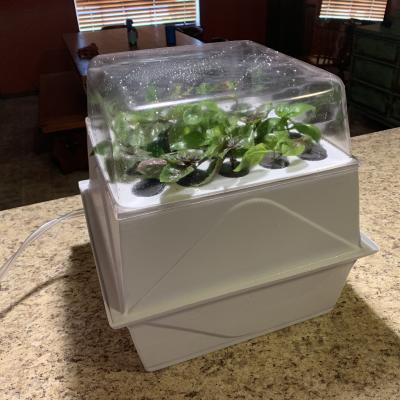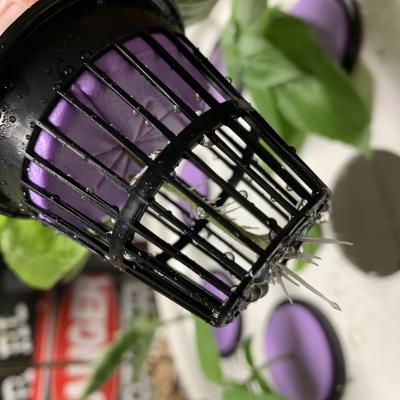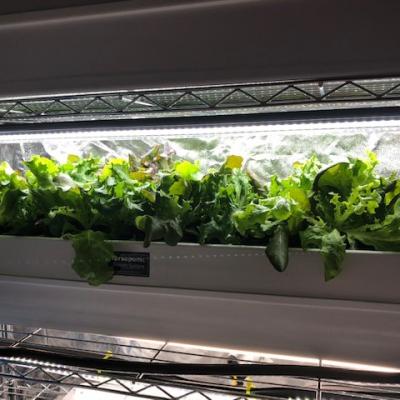Choosing the right fertilizer might seem like navigating a maze, but with a little insight, it becomes a straightforward task. Every bag of fertilizer bears a trio of numbers, such as 10-10-10, 20-20-20, or 10-8-10, which signify the NPK values. NPK stands for nitrogen, phosphorus, and potassium (K), three fundamental nutrients vital for plant growth. These values serve as the compass for nurturing your green companions.
Deciphering the NPK Code
The three numbers displayed on each bag of fertilizer reveal the concentration of nitrogen, phosphorus, and potassium within. Let's break it down. For instance, a bag labeled 20-5-5 boasts a substantial amount of nitrogen, four times more than phosphorus and potassium. In contrast, a bag marked 20-20-20 equally balances all three nutrients. Meanwhile, a bag sporting 10-10-10 has a more moderate concentration. These numbers also have a practical application—you can use them to determine the amount of fertilizer needed to provide one pound of the specific nutrient. If the bag reads 10-10-10, divide 100 by 10 to find that 10 pounds of fertilizer are required to introduce one pound of the targeted nutrient.
Single-Nutrient Heroes
In some cases, fertilizers contain only one of these nutrients, leaving the other values at zero. For example, a fertilizer with a label of 0-10-0 contains pure phosphorus. These single-nutrient fertilizers cater to specific plant needs, making it essential to choose the right one based on your plants' requirements.
The NPK Trio's Vital Roles
So, why is NPK so vital? Nitrogen, phosphorus, and potassium are the three essential macronutrients that plants crave for their well-being. Nitrogen takes the lead in promoting leaf growth, helping plants reach for the skies. Phosphorus plays a key role in the development of robust roots and contributes to bountiful flower and fruit production. Potassium acts as the conductor, overseeing the overall functioning of plants and ensuring that their tasks are executed flawlessly.
Tailoring NPK to Plant Growth Stages
It's crucial to recognize that different stages of a plant's life require varying NPK concentrations. This necessitates a bit of research to determine the most effective NPK ratios for your plants at each development phase. This tailored approach ensures that your green companions receive the specific nutrients they need, precisely when they need them.
In essence, the NPK values on fertilizer bags are like a secret code, holding the key to healthy and thriving plants. Understanding these values allows you to cater to your plants' needs at every stage of their growth journey.


